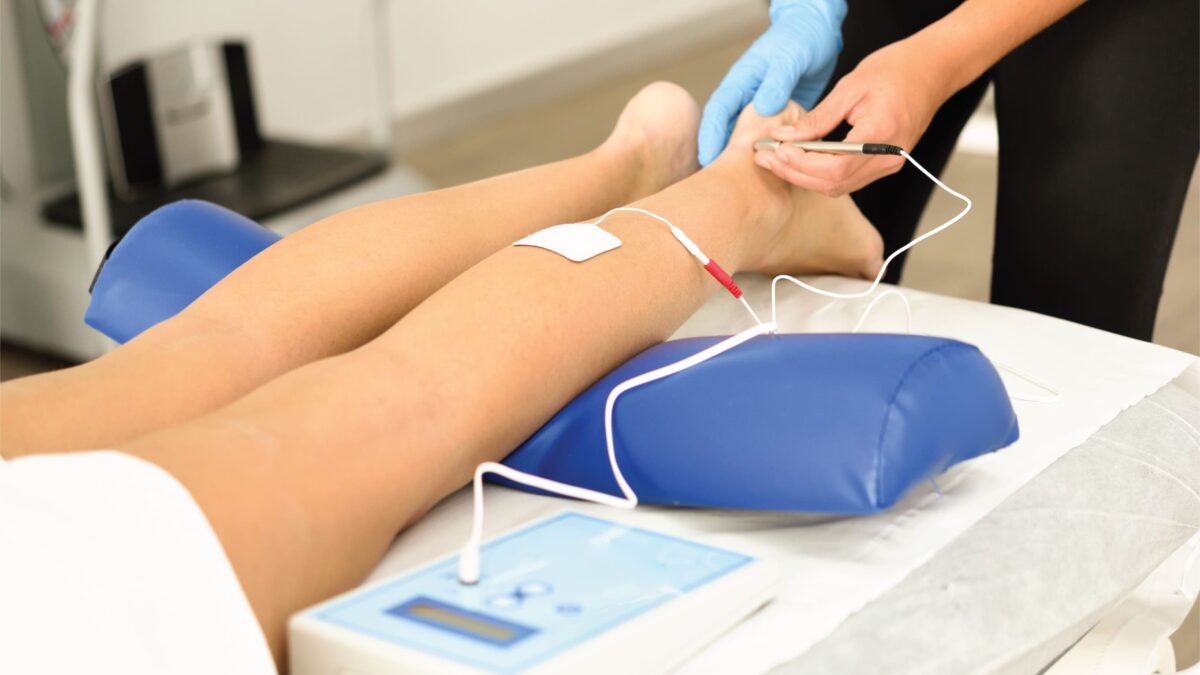
7 Low Glycaemic Fruits That You Can Enjoy On A Diabetes Diet
April 7, 2022
How Walking Helps With Diabetes Management
April 7, 2022The defining feature of diabetes is poor blood sugar regulation with elevated levels of blood glucose. If this is not managed effectively and quickly it can cause damage throughout the body, including to the nerves. This is described as diabetic neuropathy. The problem is so common that it affects up to half of all patients with diabetes within 25 years of being diagnosed with diabetes. While this may sound ominous, there are steps that you can take to prevent nerve damage or at the very least delay progression of diabetic neuropathy.
Diabetic Nerve Damage Prevention
Prevention of diabetic neuropathy is not impossible, as we know that many of the risk factors are controllable. Simply addressing these risk factors can help protect against nerve damage and neuropathy. These risk factors include:
- Poor blood sugar level control
- Lack of physical activity
- Unhealthy diet
- Obesity or excess body weight
- High cholesterol levels
- High blood pressure
All of these risk factors can be reduced or eliminated through lifestyle changes. Meal planning to focus on a diabetes-friendly diet, increasing levels of physical activity, strict adherence to medications, and going for regular health checks can help prevent diabetic neuropathy.
Along with efforts to control blood sugar levels through lifestyle changes and medication, it’s important to regularly monitor blood sugar levels to measure the effectiveness of your diabetes management plan. Doctors can accordingly make changes to your treatment plan to improve outcomes.

Delaying Further Nerve Damage
Once diabetic neuropathy has set in, the condition is irreversible. However, this does not mean that there is nothing that you can do about it. Early diagnosis of diabetic neuropathy and quick action can help to prevent or delay further nerve damage and complications. Steps to delay diabetic neuropathy include:
- Reporting early warning signs of nerve damage to your healthcare provider.
- Increasing foot care, checking daily for any loss of sensation, feelings of pain, or signs of injury. As nerve damage will reduce sensation of pain and injuries or infections can be missed, it’s important to visually inspect the feet using a mirror and by feeling the feet for sores, blisters, bumps, or any other abnormalities.
- Seeking immediate treatment for any health problem swiftly, as seemingly minor conditions can greatly exacerbate the condition. For example, neglecting a minor bruise or injury to the foot that does not heal can lead to complications that require amputation.
- Protect your feet with appropriate footwear, using medically recommended shoes if advisable. In other cases, simply make it a point to only use shoes and socks that are well-fitted and cover the feet completely, especially when venturing outdoors. You should also maintain foot hygiene with regular washing, making sure to dry them after washing and then use a moisturizing cream.
- While making sure to stay physically active, exercise caution as not all activities are safe if you already suffer from diabetic neuropathy. Talk to your healthcare provider and physiotherapist to find safe exercises and activities so that you can stay active without increasing the risk of further nerve damage or complications.
With ongoing research and rapid advances in medical science, there is plenty of reason to be optimistic. Early research suggests that certain medications that target gangliosides (molecules on the surface of nerve cells) may help cure neurodegenerative disorders. Animal studies have shown that such medications can be used to improve wound healing and even reverse neuropathic pain.
Of course, until we have a proven cure for diabetic neuropathy that is widely available, prevention remains your best defense. This is why it’s so important to take steps to prevent or delay nerve damage when you have diabetes.




